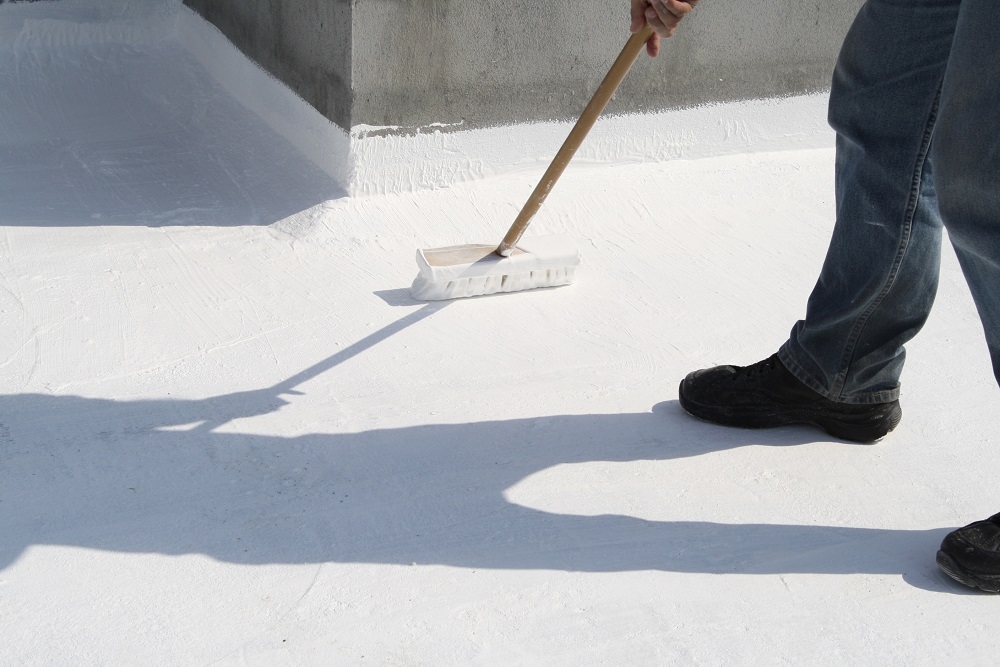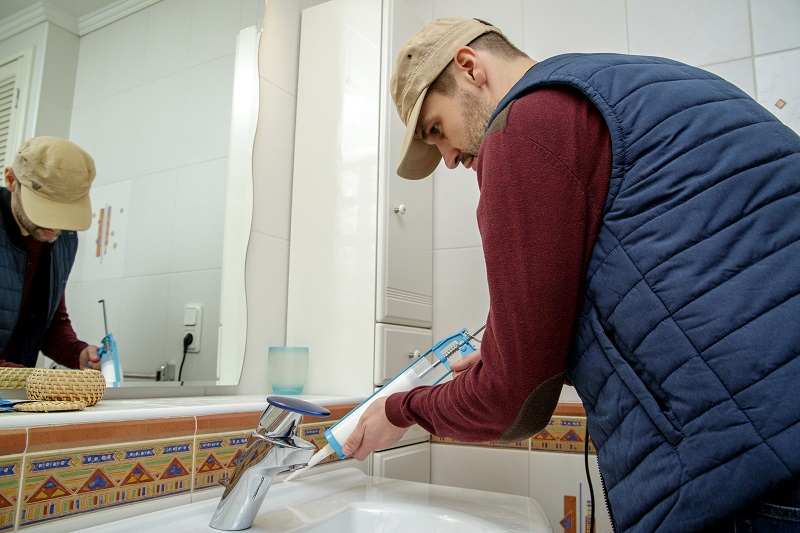 Water damage can be a homeowner’s worst nightmare, and commercial property owners are no strangers to the devastating effects of water infiltration. With a plethora of waterproofing solutions on the market, how do you choose the best one for your needs? Enter polyurethane waterproofing, a versatile and effective solution that has gained popularity in recent years. In this article, we will explore the many advantages of polyurethane waterproofing, its applications, and why it could be the perfect choice for your residential or commercial property.
Water damage can be a homeowner’s worst nightmare, and commercial property owners are no strangers to the devastating effects of water infiltration. With a plethora of waterproofing solutions on the market, how do you choose the best one for your needs? Enter polyurethane waterproofing, a versatile and effective solution that has gained popularity in recent years. In this article, we will explore the many advantages of polyurethane waterproofing, its applications, and why it could be the perfect choice for your residential or commercial property.
What is Polyurethane Waterproofing?
Polyurethane waterproofing is a type of liquid-applied waterproofing material made from a combination of polyol and isocyanate, which chemically react to form a water-resistant barrier. Polyurethane coatings are known for their flexibility, durability, and resistance to chemicals, making them an ideal choice for various waterproofing applications. They can be applied to a wide range of substrates, including concrete, metal, wood, and more, providing long-lasting protection against water penetration and damage.
Advantages of Polyurethane Waterproofing
There are several benefits to using polyurethane waterproofing for your residential or commercial property. Some of the key advantages include:
- Seamless and fully adhered: Polyurethane coatings create a seamless, monolithic membrane that fully adheres to the substrate, eliminating the possibility of water seepage through seams or gaps.
- Flexibility: Polyurethane waterproofing materials have excellent elongation properties, allowing them to accommodate substrate movement and resist cracking.
- Chemical resistance: Polyurethane coatings are resistant to a wide range of chemicals, making them suitable for use in environments where chemical exposure is a concern.
- UV resistance: Many polyurethane waterproofing products offer excellent UV resistance, ensuring long-lasting protection against the harmful effects of sunlight.
- Easy application: Polyurethane coatings can be applied using a variety of methods, including brush, roller, or spray equipment, making them suitable for both DIY and professional applications.
- Versatility: Polyurethane waterproofing can be used on a wide range of substrates and in various applications, from roofs and balconies to basements and foundations.
Applications of Polyurethane Waterproofing
Polyurethane waterproofing can be used in a variety of residential and commercial applications, including:
- Roof waterproofing: Polyurethane coatings are an excellent choice for flat and low-slope roofs, providing long-lasting protection against leaks and water damage.
- Balcony and terrace waterproofing: The flexibility and UV resistance of polyurethane waterproofing make it ideal for use on balconies and terraces, where exposure to sunlight and temperature fluctuations can cause other waterproofing materials to degrade.
- Basement and foundation waterproofing: The seamless, fully adhered nature of polyurethane coatings ensures reliable protection against water infiltration in below-grade applications, such as basements and foundations.
- Parking deck and bridge waterproofing: The chemical resistance and durability of polyurethane waterproofing make it suitable for use in challenging environments, such as parking decks and bridges, where exposure to automotive fluids and de-icing salts can be a concern.
- Water tank and reservoir waterproofing: Polyurethane coatings can be used to waterproof water storage tanks and reservoirs, ensuring the integrity of the structure and preventing contamination of the stored water.
How to Apply Polyurethane Waterproofing
To achieve the best results with polyurethane waterproofing, it’s essential to follow the manufacturer’s recommendations for surface preparation, application, and curing. In general, the application process involves the following steps:
- Surface preparation: The substrate should be clean, dry, and free from contaminants, such as oil, grease, or loose particles. Any cracks, joints, or other irregularities should be properly sealed or treated before applying the polyurethane coating.
- Primer application: A suitable primer may be required to enhance adhesion between the polyurethane coating and the substrate. The primer should be applied according to the manufacturer’s instructions and allowed to dry before proceeding.
- Polyurethane coating application: The polyurethane waterproofing material should be mixed and applied according to the manufacturer’s recommendations, using the appropriate equipment and technique. The coating should be applied in multiple layers, with each layer allowed to cure before applying the next.
- Curing: The polyurethane coating should be allowed to cure according to the manufacturer’s instructions, typically for a period of 24 to 48 hours. During this time, the coated surface should be protected from moisture, direct sunlight, and other environmental factors that could affect the curing process.
Choosing the Right Polyurethane Waterproofing Product
With a wide range of polyurethane waterproofing products on the market, it’s essential to choose the right one for your specific application and requirements. Consider factors such as:
- Substrate compatibility: Ensure the polyurethane coating is compatible with the substrate you intend to waterproof.
- Application method: Choose a product that can be applied using your preferred application method, whether it’s brush, roller, or spray equipment.
- Performance characteristics: Look for a product that offers the desired level of flexibility, chemical resistance, UV resistance, and other performance attributes.
- Environmental considerations: Opt for a product that meets your environmental requirements, such as low VOC content or compliance with specific regulations.
Conclusion
Polyurethane waterproofing offers a versatile, durable, and effective solution for protecting both residential and commercial properties from water damage. With its many advantages, including seamless application, flexibility, and resistance to chemicals and UV exposure, polyurethane waterproofing is an excellent choice for a wide range of applications. By selecting the right product and following proper application procedures, you can ensure long-lasting, reliable protection for your property.








